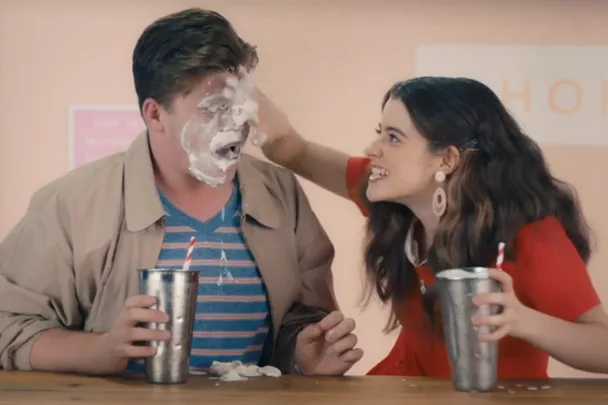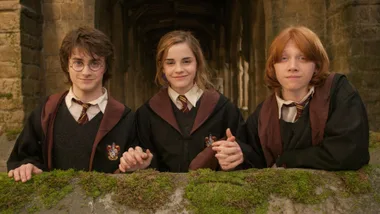In the wake of Brittany Higgins’ allegation of rape in Parliament House, Chanel Contos‘ Teach Us Consent petition, and marie claire cover star Grace Tame’s Australian of the Year win, a call for improved sex education in schools has never been louder, and in response to that national conversation the Morrison government, as part of its Respect Matters program, has released a series of videos to teach the issue of consent in schools and beyond. Only the campaign has been swiftly met with backlash online.
Released in partnership with The Good Society, a resource platform for consent, the bizarre clips meant as an educational tool for schools, parents, and teachers, have missed the mark completely, with many online commentators labelling them as “insulting”, “confusing” and treating young adults as if they aren’t capable of understanding the complexities of consent.
Targeted at children anywhere from their first years at high school up until Year 12, the videos feature adult actors in a childlike manner playing out scenarios that attempt to explain consent via a milkshake, taco, and swimming with sharks. The first of the online videos features a couple sitting together in what looks like a 1960s diner, while they speak about consent through nonsensical dialogue that fails to address the actual word—and therefore the issue—head-on.
While an attempt to respond to the national conversation that’s been sparked in recent months, the platform simplifies the serious and layered subject with metaphoric situations such as “aggressive sharks” and throwing a milkshake in someone’s face, which begs the question: why can’t we be upfront when it comes to sexual violence?
After watching, it’s clear why the videos have caused such a response. The so-called educational resource treats consent as a “wacky” concept when what needs to be happening is an open and concise conversation that treats young adults in a respectful and informative manner.
You can watch it for yourself below.
Karen Willis from Fair Agenda and End Rape on Campus Australia, spoke with news.com.au’s Samantha Maiden, who was the first to report on the videos, calling the newly released resource “confusing.”
“Young people are more sophisticated than this content gives them credit for. And sex and consent is far more complicated than videos about milkshakes and sharks at the beach,” Willis said. “These resources fall well short of the national standards, and what experts know is needed to actually change behaviours and prevent abuse.”
An aspect of the videos many have taken aim at is its minimisation of rape trauma, where the serious issue is tried to be explained by a woman smothering her boyfriend’s face with a milkshake after he claims he doesn’t want to drink it. A British narrator is then heard explaining the situation: “This is what we call moving the line,” the voice begins. “When a person imposes their will on you, it’s as if they were moving the Yes line over the Maybe Zone or the End Zone, ignoring your rich inner world and violating your individual freedoms and rights.”
The subject matter is treated poorly and fails to adequately communicate the realities of trauma in victims who are sexually assaulted, not to mention it almost makes fun of such a situation by boiling it down to a food fight between partners.
What’s more perplexing is the decision to cast a female protagonist as the perpetrator in an abusive relationship, when statistically speaking its women who are most commonly victims of sexual violence.
A lot more needs to be done to make a difference in the wake of allegations of sexual violence in Australia, and treating the issue as something young adults won’t understand or are incapable of addressing is not going to spark the changes we want, and need, to see in this country.
If you or someone you know is impacted by sexual assault, domestic or family violence, call 1800RESPECT on 1800 737 732.
If you’re under the age of 15, contact Kids Helpline at 1800 55 1800 or chat online.










